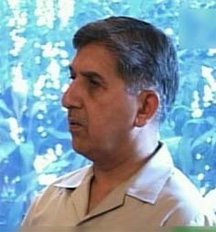ISLAMABAD/WASHINGTON, (Reuters) – In 2003 or 2004, Pakis-tani intelligence agents trailed a suspected militant courier to a house in the picturesque hill town of Abbotta-bad in northern Pakistan. There, the agents determined that the courier would make contact with one of the world’s most wanted men, Abu Faraj al-Libbi, who had succeeded Sept. 11 mastermind Khalid Sheik Muhammad as al Qaeda operations chief a few months earlier. Agents from Pakistan’s powerful and mysterious Inter-Services Intelligence agency, known as the ISI, raided a house but failed to find al-Libbi, a senior Pakistani intelligence official told Reuters this week.
Former Pakistan President Pervez Musharraf later wrote in his memoirs that an interrogation of the courier revealed that al-Libbi used three houses in Abbottabad, which sits some 50 km (30 miles) northeast of Islamabad. The intelligence official said that one of those houses may have been in the same compound where on May 1 U.S. special forces killed al Qaeda leader Osama bin Laden.
It’s a good story. But is it true? Pakistan’s foreign ministry this week used the earlier operation as evidence of Pakistan’s


